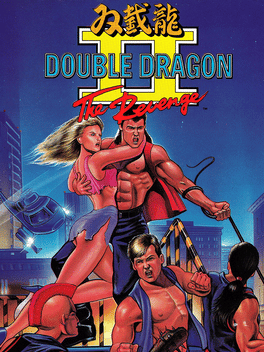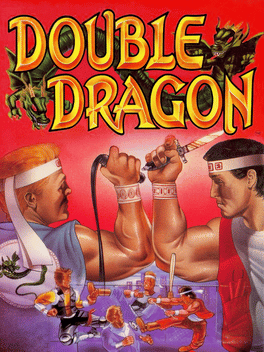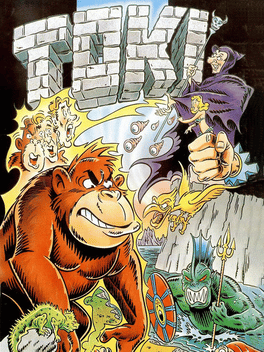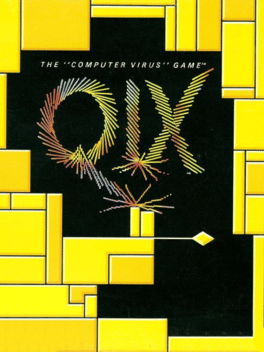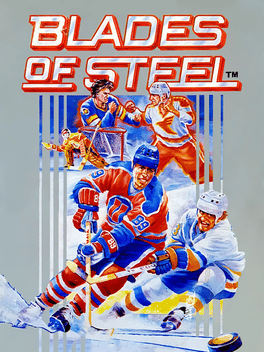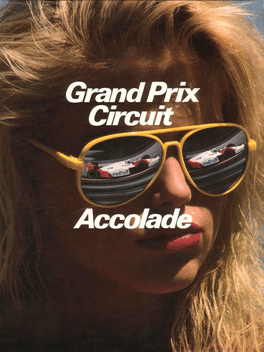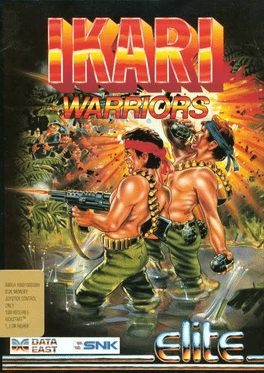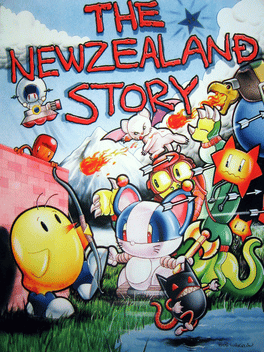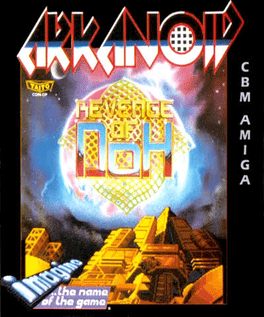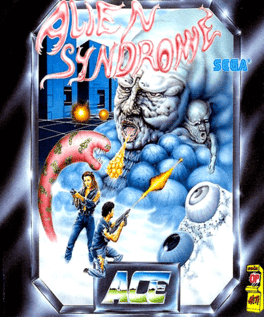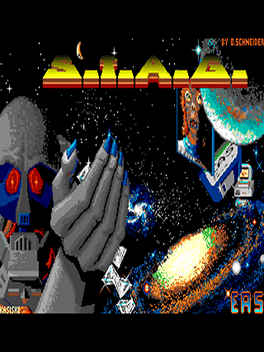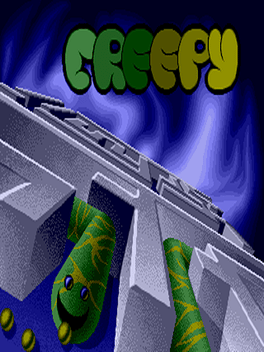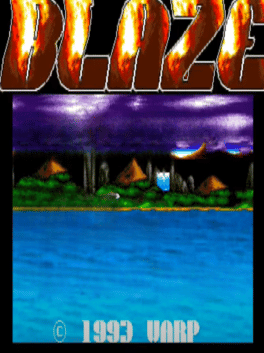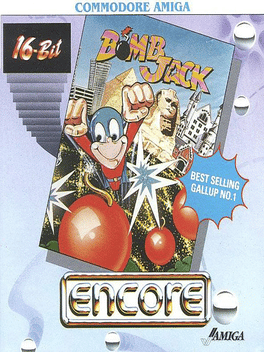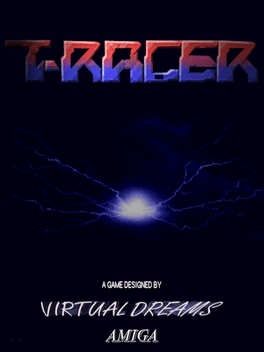Most Popular Amiga Games - Page 4
-
Double Dragon
1988
-
Toki
1991
-
Qix
1989
-
Blades of Steel
1990
-
Grand Prix Circuit
1989
Grand Prix Circuit
1989
This port features re-arranged music, different sound, and slightly different graphics. -
Ikari Warriors
1988
-
The NewZealand Story
1989
-
Alien Syndrome
1988
-
S.T.A.G.
1988
-
Creepy
1990
-
Moonfall
1991
Moonfall
1991
Midway through the 21st century, man has finally mastered the technology required for travel to, and colonisation of, distant planets. The first starship, Deadalus I, set off in the year 2052 heading for Wolf 359, a small red star some 8.1 years away from Earth. As the scientists arrived some generations later they discovered that the dual star solar system was entirely devoid of planets. There was no more in that solar system than a large number of asteroid belts. On closer inspection it appeared that among the asteroids there flew thousands of tiny craft, automatically controlled mining vessels. It seems that previous colonists has destroyed all the planets so they could mine more efficiently. Deadalus I headed for the only lump of rock bigger than an asteroid but smaller than a planet, a moon that no longer had a planet to orbit. This moon, christened Frontier Alfa, was inhabited by a race of independent capitalist and unscrupulous robots and their creators the Remusians. The Remusians were small bug-eyed huma -
Blaze
1993
-
Neighbours: The Adventure
1991
In this game the player takes the role of a detective trying to compile enough evidence to get Paul Robinson arrested. The game is set in Ramsey Street where the Australian soap opera of the same name is set. -
Bomb Jack
1988
Bomb Jack
1988
Bomb Jack is an arcade platform game that was released in 1984 by Tehkan (known today as Tecmo). It was followed by two official sequels, the console and computer title Mighty Bomb Jack, and the arcade game Bomb Jack Twin and Bomb Jack II, which was licensed for home computers only. The highest known score was by Mr G Jones from London: 6 746 800. Bomb Jack is a hero who can perform high jumps and float in the air. His goal is to collect all red bombs on the screen. The game's antagonists are enemies such as birds and mummies which, once they drop in the bottom of the screen, can morph into things like flying saucers and orbs that float around the screen, making Jack lose a life if he touches them. Collecting bombs will increase the bonus meter at the top of the screen (collecting lit bombs increases it more). When the meter is completely filled up, a circular bouncing "P" appears, and when collected, it will turn all the enemies into bonus coins for a short period during which Jack may collect them. Other similar -
T-Racer
1994

